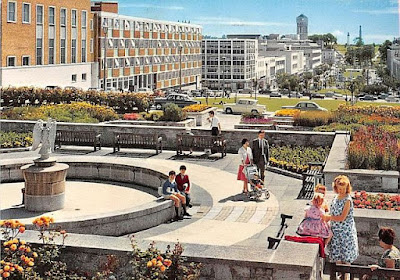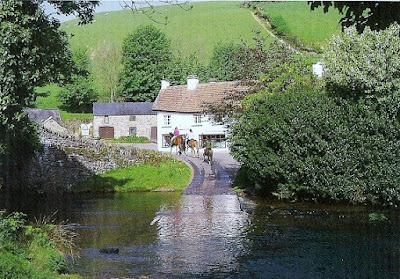Devon’s largest city has long been linked with England’s commercial and maritime history. Plymouth actually means "the navy", and special navy days are held every other year in August. Its vast natural harbor has played a significant role in Britain's maritime affairs. Sir Francis Drake sailed from Plymouth to defeat the Spanish Armada. Bomb damage during World War II decimated the city, but the cobbled streets and timber-framed houses of an old district called the Barbican, escaped damage. The Merchant's House is a particular fine timber building and a local museum. The promenade of the Hoe commands the best views over the nautical comings and goings in Plymouth Sound. Alongside are an excellent aquarium, a vast 17th-century citadel and Plymouth Dome, a high-tech introduction to the city.
05 February 2023
20 February 2022
EXMOOR
Exmoor, England's smallest national park, packs in a great variety of scenery, from towering cliffs along the coast, to lush, wooded combes riven by sparkling streams, to gentle farmland in the east and wilder moorland in the center and south. The heathland of Exmoor starts abruptly at around 1,000 feet above sea level, leaving behind lush wooded valleys and productive farmland well sheltered from the prevailing westerly winds. You'll be very lucky to spot any of the resident red deer, but you'll certainly meet a few hardy, dun-colored Exmoor ponies on your travels. To set the scene, you might want to read R.D. Blackmore's historical novel, Lorna Doone, based on stories about a group of 17-th century outlaws who lived in a beautiful part of the park now commonly known as Doone County.



